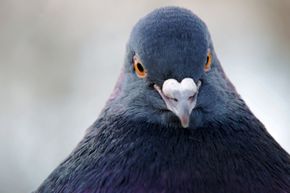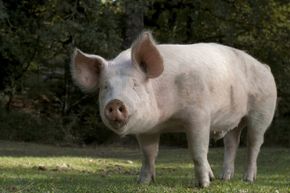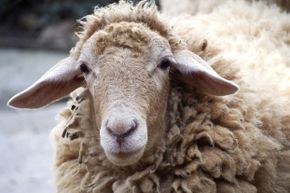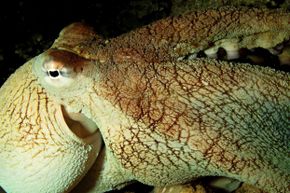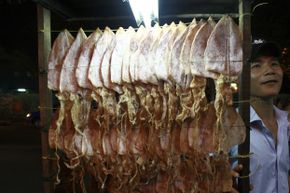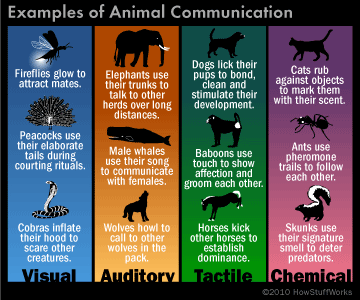The test subject sat looking inquisitively at the screen. After giving it a little thought, he pecked out groups of shapes in proper numerical order, starting with one rectangle, then selecting the group of two rectangles, then three, on up. The onlookers seemed delighted at the evidence that their subject could count.
That subject wasn't a toddler learning his numbers, nor was it a pet. The counting creature was an animal that's likely way smarter than your pet: a pigeon. (Of course, if you have a pet pigeon, you're not surprised at all.) The pigeon's just one example of an animal some humans eat that's probably smarter than your pet kitty or guinea pig.
Advertisement
If that's the case, maybe you're thinking we shouldn't be eating animals from this list because it's a waste of their brains. Well, when you see that the pig made the top 5 and you start thinking about bacon, you may change your mind.
